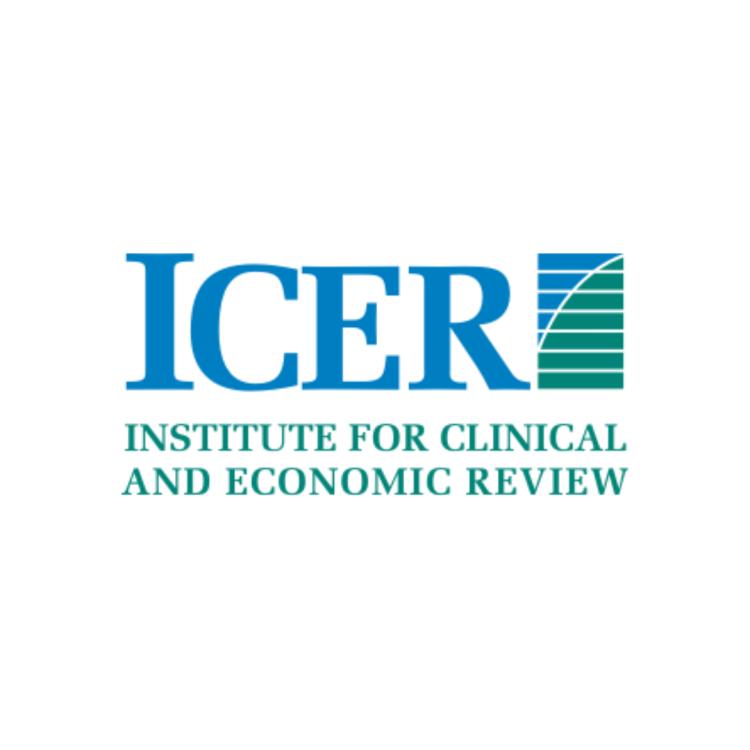Today, the Institute for Clinical and Economic Review released the 2023 iteration of its consistently flawed Unsupported Price Increase (UPI) report. ICER’s UPI reports are misguided at best; at worst, they are harmful to patients and society. The arbitrary methodology supports misleading conclusions about biopharmaceutical value and evidence, which should give anyone pause before making patient access or other policy-related decisions based on the report.1 NPC continues to view ICER’s UPI report as doing more harm than good.
ICER’s UPI reports ignore reality, failing to adjust for inflation and disregarding many plausible reasons for list price changes. The reports make ill-advised policy recommendations and “unsupported price increase” claims based on one narrow piece of a broader competitive landscape. The areas of concern identified by NPC last year2 are, unfortunately, still relevant today, particularly as ICER’s report is used by others to encourage state action based on their findings:
- Arbitrary and insufficient timeframe: ICER only considers data during one- or two-year periods, which ignores the effects of medicines on patients’ well-being over a longer period, as well as fluctuations in costs and health spending.
- Unreliable pricing data: The net price data ICER uses suffers from several limitations that call into question any analyses based on estimated prices of specialty, injectable, or oncology drugs3 – which account for the majority of the products ICER evaluates.
- Rejecting the vast majority of evidence: The Appendix of ICER's UPI report is rich with peer-reviewed publications submitted by manufacturers supporting the value of their products, much of which is used by payers and cited by FDA guidance on communicating healthcare economic information. But ICER rejects this evidence and then concludes the price increases are “unsupported by evidence.” Out of 1,237 pieces of evidence submitted for the 2019-2023 UPI reports, only 46 pieces (3.7%) were accepted by ICER.4
- Deprioritizing patients with rare disease: ICER doubles down on its lack of patient-centeredness. ICER’s methodology rules out considering evidence related to indications for products that account for less than 10% of drug utilization. This effectively ignores the voice of patients with rare diseases and the value of effective treatments.
- Outdated information: Beyond the many methodological issues, ICER’s findings are already two years old when published. The “Report Year” is based on prices from the previous year and published the following year.
The title could more accurately be rephrased to capture these significant pitfalls:
“Unsupported [by Additional Randomized Controlled Trials, within an Arbitrary Time Period, while Ignoring Real-World Evidence, and the Multitude of Supply Chain Constructs that Incentivize Higher List Prices (not Net Prices) without Additional Returns to Manufacturers, and Failing to Account for Inflation] List Price Increases: An Analysis that Excludes Value Assessment yet is Misleadingly Positioned for U.S. States to Use Against Manufacturers Under the Guise of Value-Based Purchasing.”
NPC has extensively critiqued the UPI methods in past years by calling out the misalignment with ICER’s core value assessment framework methodology.1 5 6 It is time for ICER to retire this unhelpful and misleading report that disseminates unsupported policy information.
- 1 a b https://www.certara.com/white-paper/icers-unsupported-price-increase-report-unfit-for-policymaking
- 2https://www.npcnow.org/resources/icer-missesagain
- 3https://www.healthaffairs.org/do/10.1377/forefront.20220308.712815
- 4https://www.amerisourcebergen.com/-/media/Assets/AmerisourceBergen/Manufacturer/Conference-posters/AMCP_Nexus_23_Making_the_cut_1798
- 5https://www.npcnow.org/resources/icer-pricing-report-creating-dialogue-or-just-playing-headlines
- 6https://www.npcnow.org/resources/creating-dialogue-or-just-playing-headlines-third-time-isnt-charm-icers-pricing-report
